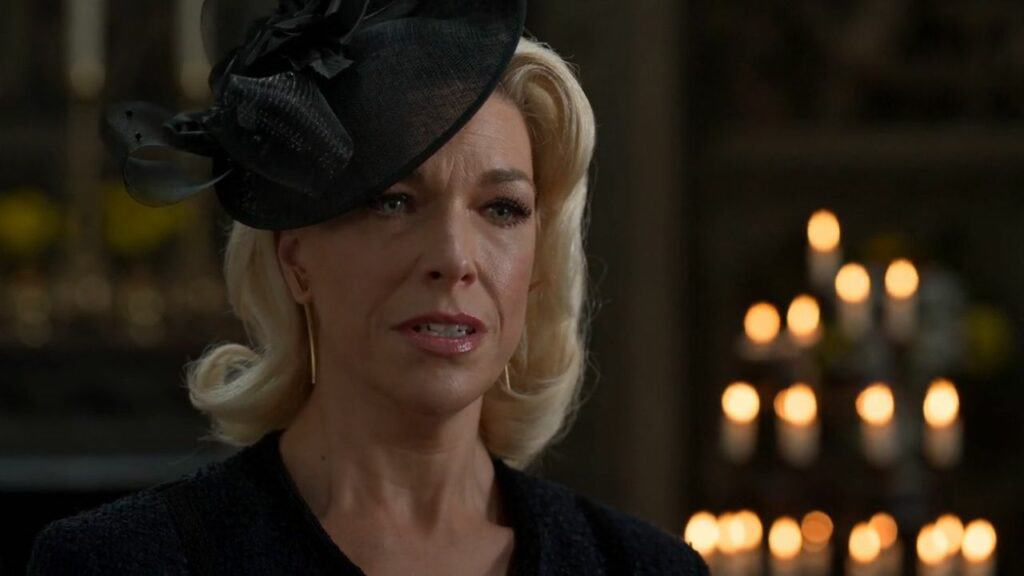Cultural references in Ted Lasso enrich the narrative, providing layers of meaning and avenues of connection for a diverse audience.
In the charming and heartwarming world of Ted Lasso, the rich tapestry of cultural references is a key ingredient in its storytelling magic.
From clever nods to literary classics to pop culture shoutouts, the show seamlessly integrates these elements, adding depth, humor, and relatability to the narrative.
This article delves into the multifaceted cultural references in Ted Lasso and how they enhance the viewer’s experience.
Literary references
One of the most compelling aspects of Ted Lasso is its use of literary references. The show’s writers skillfully weave in quotes and themes from renowned works, adding a layer of sophistication to the dialogue.
A notable example is Ted’s reference to Dante’s Inferno in a moment of personal crisis, which not only adds depth to his character but also resonates with the overarching theme of personal journeys.
Another memorable instance is the use of Walt Whitman’s “Be curious, not judgmental,” which becomes a pivotal moment in the show and encapsulates Ted’s philosophy.
Homage to cinema and television
Ted Lasso pays homage to various iconic films and television shows, creating a sense of nostalgia and connection for viewers.
References to classics like Star Wars and The Empire Strikes Back or Ted’s frequent quoting of famous movie lines serve as more than just comedic elements; they establish a common cultural language with the audience.
These references also serve to enrich character development, as they often reflect the personalities and experiences of the characters using them.
Music
Music in Ted Lasso is more than just a background element; it’s a vital part of the show’s cultural fabric.
The carefully curated soundtrack includes a range of genres, from indie to classic rock, each selection enhancing the mood and narrative.
For instance, the use of Rick Astley’s “Never Gonna Give You Up” in a crucial episode provides both a humorous and poignant touch, resonating with the theme of loyalty and resilience.

Sports references and homages
Given its setting in the world of English football, Ted Lasso is rife with sports references.
These range from specific mentions of legendary footballers and historic matches to the depiction of the fervent fan culture in England.
These references not only add authenticity to the show’s setting but also serve to engage viewers who are sports enthusiasts, further broadening the show’s appeal.
Pop culture and current events
The inclusion of contemporary pop culture and current events references makes Ted Lasso timely and relevant.
Whether it’s a nod to a viral internet meme or a subtle comment on social issues, these references ensure that the show resonates with the present-day experiences of its audience.
They also highlight the show’s ability to stay connected with its viewers’ world.
A rich cultural mosaic
In conclusion, the cultural references in Ted Lasso play a significant role in the show’s charm and success.
These references, woven seamlessly into the fabric of the show, create a rich cultural mosaic that enhances the storytelling and deepens the viewer’s engagement.
In Ted Lasso, cultural references are not just throwaway lines or background music; they are integral to the show’s identity and a key part of its storytelling artistry.
Also Read: The evolution of Ted and Rebecca’s relationship in Ted Lasso

